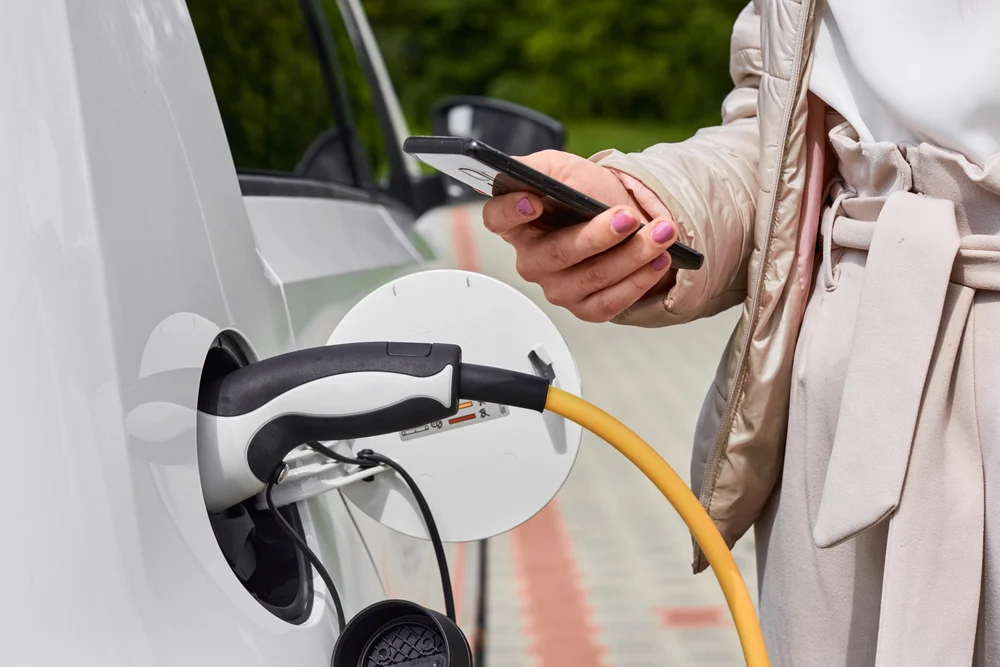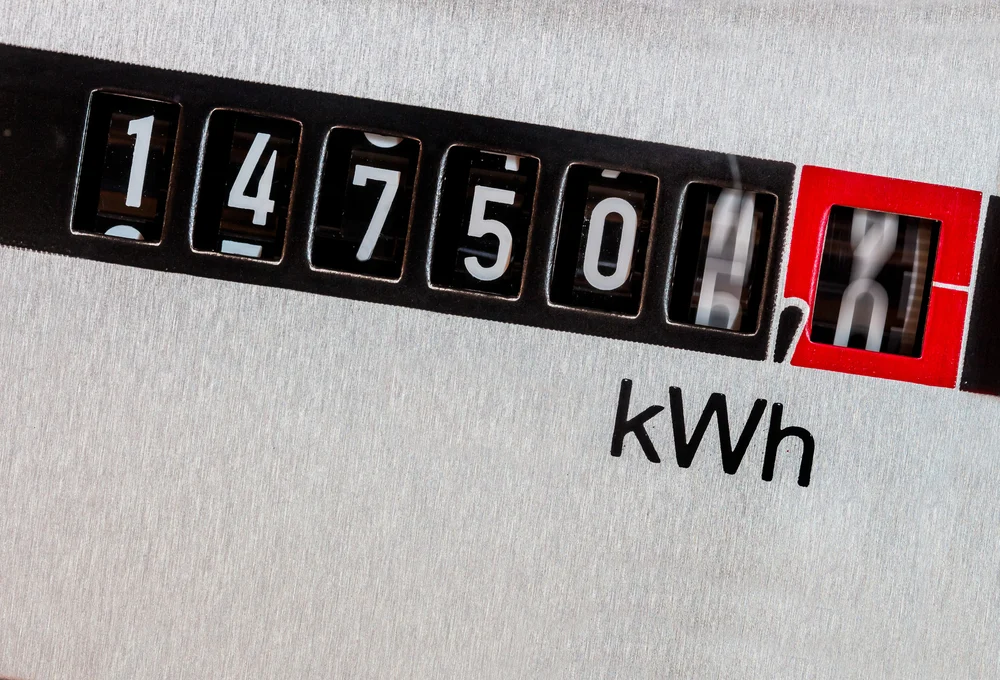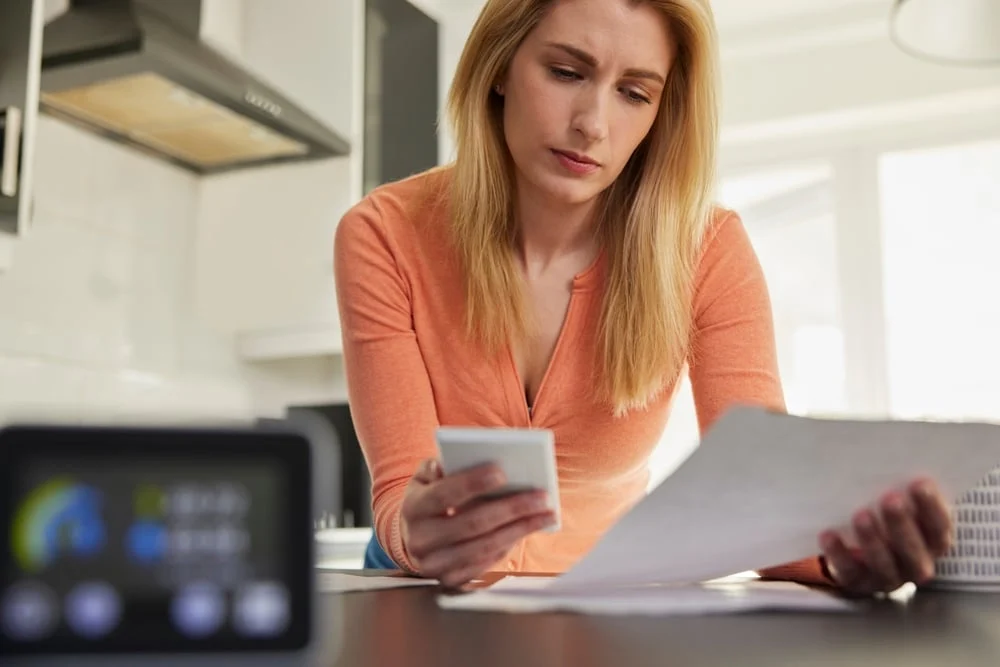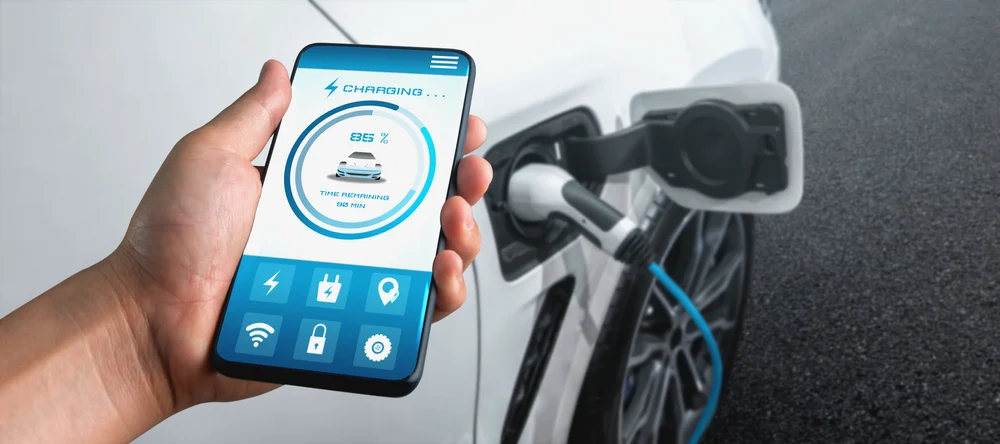And we're not the only ones seeing this trend.
To support this growing demand, governments are rolling out new regulations that require smart connectivity in EV charging stations. These rules aim to standardize technology and make charging more accessible for everyone.
While connected charging stations offer many advantages, they also let you manage your sessions through a smart charging app. With just a few taps on your phone, you can start or stop your car’s charge from the comfort of your couch. But there's even more to it—home charging apps can provide valuable insights that help you optimize your energy use, track costs, and manage multiple vehicles or users efficiently.

How Can You Benefit From Home EV Charging Insights?
With the connection between your EV charger and a mobile app, you gain access to real-time performance data and detailed insights about your charging sessions. This means you can monitor how much energy you’re using, when you’re charging, and how it affects your electricity bill. Let’s break down the key benefits in more detail.
Keep Track of Energy Use
One of the most useful features of a connected charging station is the ability to see your energy consumption in real time. While many don’t think about it, charging an EV uses a significant amount of power. A typical home charger can deliver between 7.4 kW and 22 kW—far more than most household appliances. For example, a dishwasher usually uses between 1,050 W and 1,500 W, meaning your EV charges up to 14 times faster than a dishwasher.

If you have solar panels, some apps even allow you to track how much renewable energy you're using to power your EV. This helps you make smarter choices about when and how to charge, especially if you want to maximize your green energy usage.
Save on Your Electricity Bill
Understanding your energy usage can also help you save money. Many utility companies charge different rates depending on the time of day. Peak hours (like evenings) tend to be more expensive, while off-peak times (such as late at night) cost less. By analyzing your charging patterns, you can adjust when you charge your car to avoid higher costs. Some apps even offer load shifting, which automatically schedules charging during cheaper periods.

This feature is especially useful if you live in an area with time-of-use pricing. It allows you to keep your energy costs under control without having to manually adjust your schedule every day.
Manage Multiple Users and Stations
For those with more than one EV or shared charging stations, a smart app can separate and organize data for each user. This makes it easier to track who used what, and how much energy was consumed. It’s especially helpful in apartment buildings or multi-unit housing where several residents share the same charging infrastructure.

With precise tracking, billing becomes simpler and more transparent. Whether you're managing one car or several, a smart charging app gives you full control over your EV charging experience.
Connected charging isn't just about convenience—it's about empowering you to make smarter decisions about your energy use, costs, and sustainability. As the number of EVs continues to grow, these insights will become even more valuable. To learn more about the full potential of connected charging, read our full guide here.



